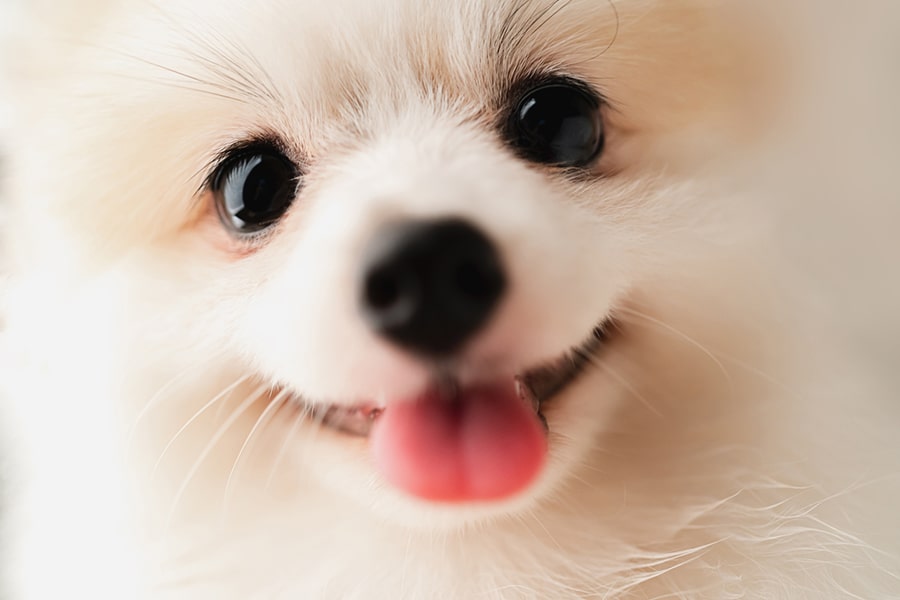When Pets Eclipse Human Dignity
The rising trend of prioritizing love for Pets over human relationships, reflects a complex mix of social, cultural, and philosophical changes. Some argue that these shifts signal a deeper issue — a movement away from seeing human life as uniquely dignified and intrinsically valuable. This trend has sparked conversations on the concept of "trans-speciesism" and the potential devaluation of human life, where animals and humans are often treated as ethically and morally equivalent.
Individualism and the Appeal of Pets
Pets, unlike human relationships, require relatively little compromise or emotional vulnerability. They provide affection without placing demands on one’s time, moral responsibility, or deeper personal growth in the same way relationships with people do. This fits well within an individualistic framework that emphasizes self-fulfillment and personal comfort. Relationships with pets are less likely to involve the complexities or sacrifices that human relationships often demand, making them appealing in a culture increasingly centered on the self.
Trans-Speciesism and the Erosion of Human Distinction
The concept of “trans-speciesism” — which suggests that animals and humans hold equal moral and existential worth — challenges the traditional understanding of human dignity as unique and incomparable. From a philosophical standpoint, trans-speciesism undermines the idea that human beings are distinct because of qualities like reason, moral agency, and an inherent capacity for love and sacrifice. Elevating animals to the level of humans, or lowering humans to the level of animals, can blur the lines of moral responsibility and ethical duties, making it harder to argue for the uniqueness of human rights and value.
A Culture Moving Away from Sacrificial Love
Traditional human relationships — whether familial, spousal, or communal — inherently involve some level of sacrifice, whether in terms of time, energy, or self-interest. The nature of human relationships demands investment and often involves challenges that foster growth, patience, and deeper empathy. Prioritizing relationships with pets over relationships with people may subtly discourage individuals from engaging in these more demanding and sacrificial types of love.
Societal Impacts: Shifting Value Systems
As society increasingly accepts an "equal" view of humans and animals, we may begin to see policies and ethical frameworks that reflect this outlook. For example, resources for human welfare could be allocated more sparingly if the moral distinction between humans and animals is blurred. Certain frameworks may advocate for “animal rights” at the expense of focusing on human rights and dignity, especially when considering marginalized groups that require significant human empathy and support.
The Intrinsic Value of Human Life
Christianity upholds that humans have a unique, intrinsic value based on qualities like rationality, free will, and the ability to form moral judgments and relationships. A shift in emphasis toward pets and trans-speciesism may obscure this view, leading society to undervalue these distinctive human qualities and potentially weakening the imperative to uphold human dignity and care for each other.
This trend of elevating pets and diminishing human distinctiveness subtly reorients social priorities, potentially moving us toward a more individualistic and transactional view of relationships. It’s an area worth reflecting on deeply, especially if we consider what makes human life uniquely valuable and how a culture that prioritizes genuine human connection and compassion could look.
The Sacredness of Human Sexuality and Its Divine Purpose
Within Catholic teaching, human sexuality is more than just a biological function; it’s imbued with sacred meaning, existing within the covenant of marriage and tied to the divine purpose of creating and nurturing life. Sexuality is understood as a profound aspect of human identity, intended for self-giving and communion. Pope Benedict XVI spoke of human sexuality within marriage as the closest analogy to the Trinity — an expression of love that is life-giving and unitive, mirroring the relational love between the Father, Son, and Holy Spirit.
Eroding the Sacred Standard of Human Sexuality
Viewing animals and humans as morally or spiritually equivalent can dilute the sacredness of human sexuality by reducing it to a purely biological function, disconnected from its spiritual and relational purposes. If humanity’s sexual relationships are no longer seen as uniquely sacred, there’s a risk that the understanding of marriage and family as the primary context for sexuality is weakened. By emphasizing an equal moral status between animals and humans, society may downplay the ethical dimensions, responsibilities, and dignity that make human sexuality distinct.
Undermining the Dignity of Marriage and Family
The Catholic Church views marriage as a holy sacrament that nurtures both human love and the family unit. Reducing human relationships to the same level as animal relationships overlooks the profound commitment, moral duty, and generative potential that human partnerships offer. When the unique human experience of love and union within marriage is no longer seen as sacred, it risks diminishing marriage’s social and spiritual value, leading to a more individualistic and transactional view of relationships.
These points highlight that the trend toward equating humans and animals impacts more than just our treatment of pets; it influences foundational aspects of human dignity, relationships, and the sacred meaning of sexuality. For Catholics and others who view human life as inherently sacred and uniquely relational, this shift poses significant questions about the direction of our culture’s values and the depth of human identity.



Comments
Post a Comment
I appreciate your comments